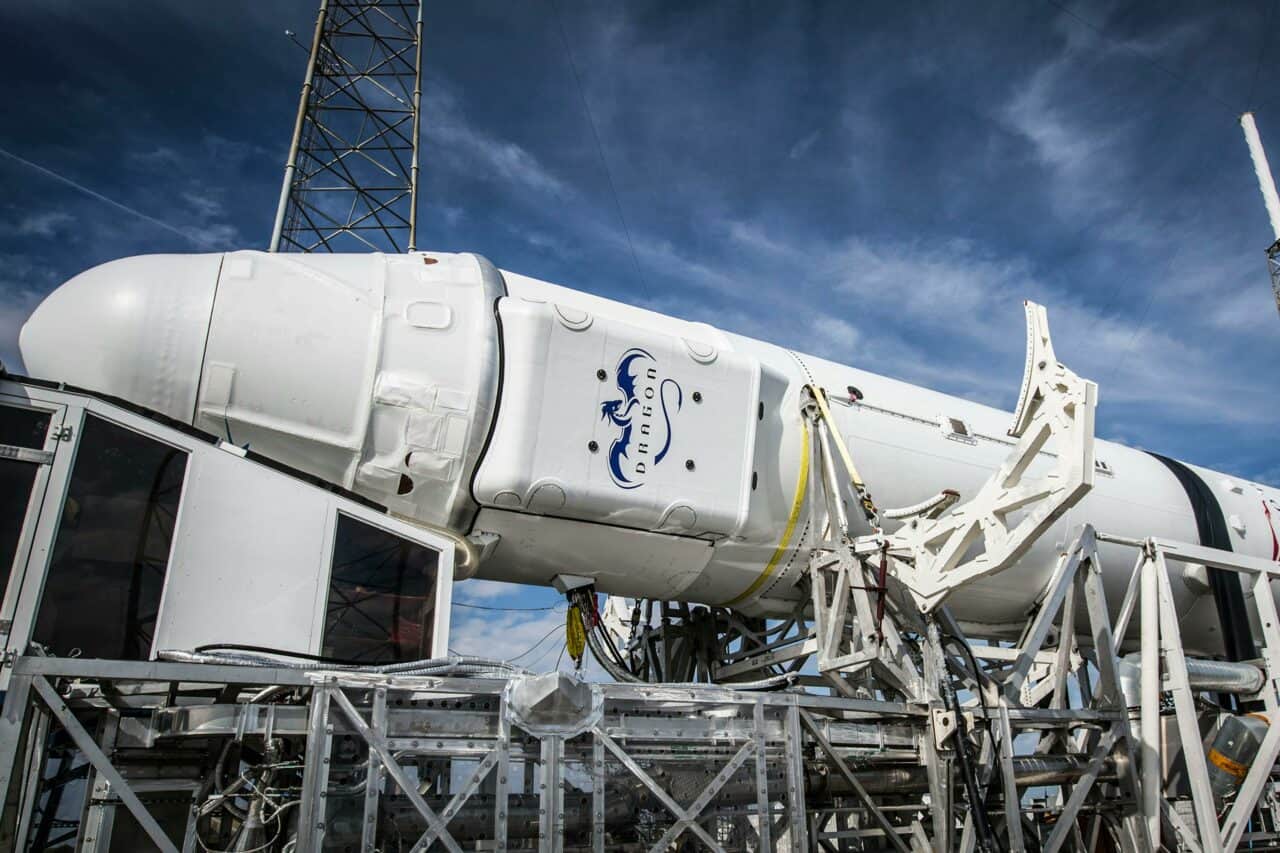Welcome to a world where change is the only constant, and uncertainty is the new normal. As an executive leadership coach, I understand the challenges leaders face in navigating their teams through the ever-evolving landscape of business. In this blog, we will explore the concept of adaptive leadership and discuss strategies that can help you thrive in the face of uncertainty.
Understanding Adaptive Leadership

The traditional command-and-control leadership models of the past are becoming increasingly obsolete in today’s fast-paced and unpredictable business environment. Adaptive leadership is about embracing change, fostering a culture of continuous learning, and leading with agility. It requires leaders to be comfortable with ambiguity, navigate complexity, and inspire their teams to adapt alongside them.
Cultivating a Growth Mindset
In a rapidly changing world, leaders must cultivate a growth mindset within themselves and their teams. A growth mindset encourages the view that challenges are opportunities to learn and improve. By fostering a culture where mistakes are seen as valuable learning experiences, leaders can create an environment that thrives on innovation and adaptability.
Embracing Change as an Opportunity
Embracing change doesn’t mean simply reacting to it; it means proactively seeking opportunities within it. Adaptive leaders view change as a chance to innovate, improve processes, and stay ahead of the curve. By reframing change as a positive force, leaders can inspire their teams to embrace challenges with enthusiasm.
Building Resilient Teams

The strength of an organization lies in the resilience of its teams. Adaptive leaders focus on building teams that can quickly recover from setbacks, learn from failures, and stay motivated in the face of uncertainty. Resilient teams are agile and adaptable, capable of responding effectively to unexpected challenges.
Strategies for Building Resilience
Strategies for building resilience include fostering open communication, promoting a positive team culture, and providing the necessary support and resources. Leaders must encourage a collaborative environment where team members feel empowered to share ideas, express concerns, and collectively work towards solutions.
Effective Communication in Uncertain Times
Clear and transparent communication becomes even more critical in times of uncertainty. Adaptive leaders keep their teams informed, inspire confidence, and provide a sense of direction even when the path ahead is unclear. Communication should be timely, honest, and tailored to the specific needs of the audience.
The Art of Transparent Leadership
Transparent leadership involves sharing both successes and challenges with the team. Leaders need to communicate the rationale behind decisions, the current state of affairs, and the vision for the future. Transparency fosters trust, and in uncertain times, trust is a crucial foundation for team cohesion.
Flexibility in Decision-Making

The ability to make decisions quickly and adjust course when necessary is a hallmark of adaptive leadership. Leaders must be comfortable with ambiguity and be willing to pivot their strategies based on real-time feedback and evolving circumstances. Decision-making in uncertainty requires a balance between analysis and intuition.
Decisiveness in the Face of Uncertainty
Decisiveness is about making informed decisions with the information available, acknowledging that waiting for complete certainty may result in missed opportunities. Adaptive leaders make decisions confidently, yet they remain open to feedback and are willing to adjust course if new information emerges.
Strategic Innovation

Adaptive leaders foster a culture of innovation within their organizations. They encourage creative thinking, embrace new technologies, and are open to exploring unconventional solutions to problems. Strategic innovation involves anticipating future trends, experimenting with new approaches, and continuously seeking ways to improve and stay ahead of the competition.
Nurturing a Culture of Innovation
Nurturing a culture of innovation requires creating an environment where ideas are welcomed, experimentation is encouraged, and learning from failure is celebrated. Leaders play a pivotal role in setting the tone for innovation by valuing creativity, providing resources for exploration, and recognizing and rewarding innovative efforts.
Conclusion
In a world where change is constant, adaptive leadership is not just a skill; it’s a necessity. By cultivating a growth mindset, building resilient teams, communicating effectively, making flexible decisions, and fostering strategic innovation, leaders can successfully navigate uncertainty and guide their organizations towards a brighter future.
As an executive leadership coach, my mission is to empower leaders with the tools and insights they need to excel in today’s rapidly changing business landscape. I invite you to embrace adaptive leadership and join me on a journey of continuous growth and success.
Let’s start this together – reach out to me and Schedule a call or video conference with Kyle Kalloo or call us right now at: 1-844-910-7111



